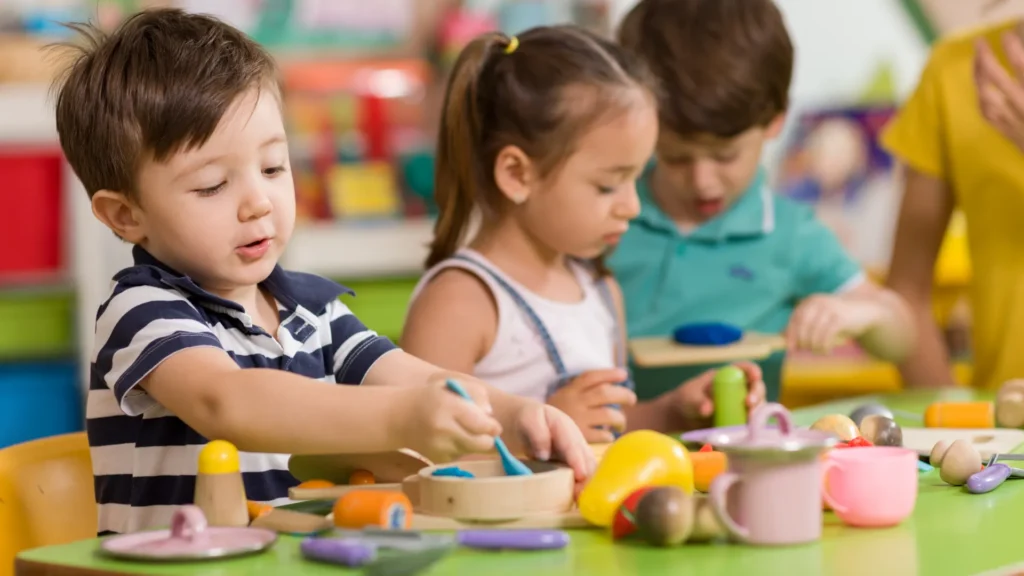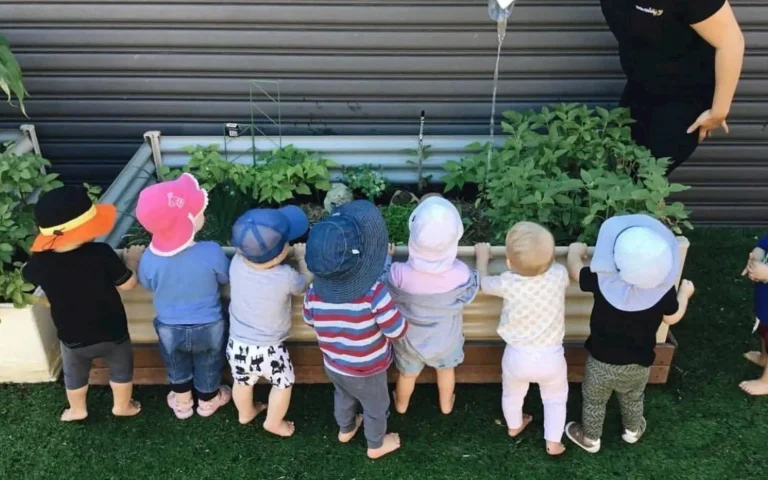
Being Aware of What Children Hear & See & How It Influences Decision Making In Early Development
Play- What children see and hear from the adults around them significantly influences the development of their decision-making skills. This can be good and bad, depending on how the adults in the room behave.
Swiss psychologist Jean-Jacque Piaget’s theory of cognitive development focuses on how children attain knowledge from interacting with the world around them. It explains the four stages of mental development. According to the theory, the preoperational stage (ages 2-7) is the most influential because that’s when children begin to think symbolically.
While children can’t yet understand concrete logic that would allow them to manipulate what they see and hear, they can engage in role-playing, mimicking the behaviour they’ve observed around them.
Monkey-see, monkey-do
Children are eager learners. They observe the world around them and then mimic what they see and hear to fit in. Known as observational learning, children pick up new skills simply by seeing them exhibited in others. As previously mentioned, this can be a good or a bad thing, depending on what kind of behaviours they witness.
Let’s say your child sees an adult get verbally upset when something they are using breaks. The next time your child has a similar experience, they may launch into a verbal tirade of their own. Another example is when your child mimics a colourful word they’ve accidentally overheard from an adult nearby. They may use it without understanding its context and then be confused at the negative reaction they receive from others.
Seeing a specific behaviour doesn’t guarantee that a child will imitate it later. However, it does increase the likelihood they may try it out at some point as part of their learned knowledge through imitation.
Modelling positive behaviour
Just as children can learn poor conduct from others around them, they also can acquire positive behaviours like cooperation, sharing, and taking turns. Being intentional about exposing children to positive role models can help shape their observational learning skills. If they see the adults around them getting positive feedback and results from behaviours, they are more likely to pick up on those skills and add them to their knowledge base.
Avoiding situations where aggressive behaviours are frequently exhibited is one of the most effective ways to reduce their impact on a developing mind. Limiting or eliminating activities, games, and even television shows modelled on aggression can help. The more children see and hear aggressive actions reinforced, the more likely they are to view them as acceptable.
Other strategies for influencing behaviour
Parents and other adult family members are a child’s most influential teachers. Being intentional about modelling compassion, helpfulness, and kindness can go a long way in building a child’s future decision-making skills.
If a situation is unavoidable and a child hears or sees negative modelling behaviour, the best thing to do is consider it a teachable moment. Talk to the child about what they heard or saw and why it was inappropriate. Then, provide alternative ways the situation could have been handled that are more acceptable.
Creative Childcare is committed to modelling acceptable behaviours for all children enrolled in our programs.
Contact us today to book a tour or learn more about enrolling a child at one of our three locations.



